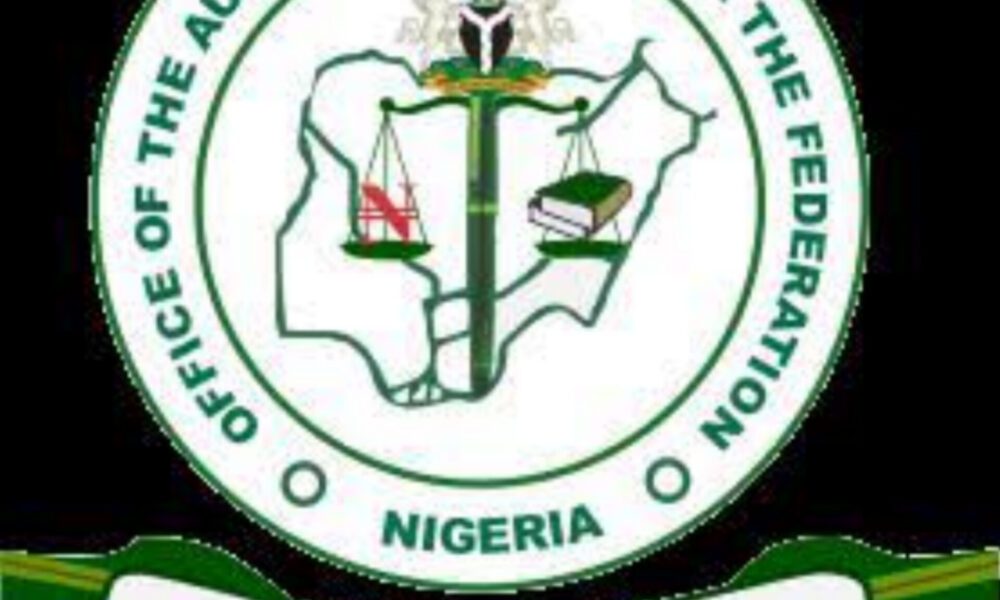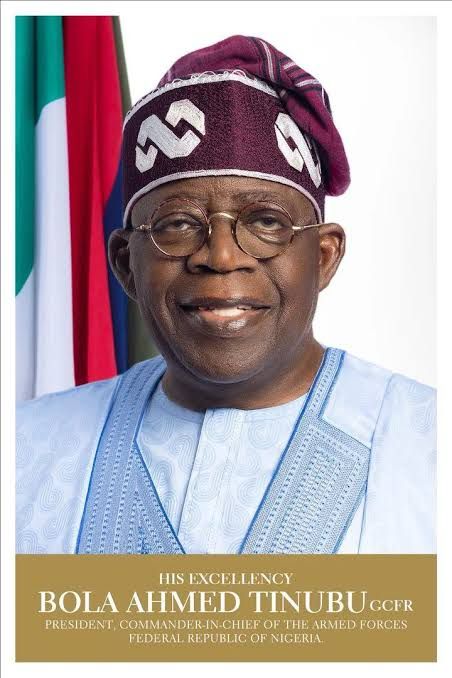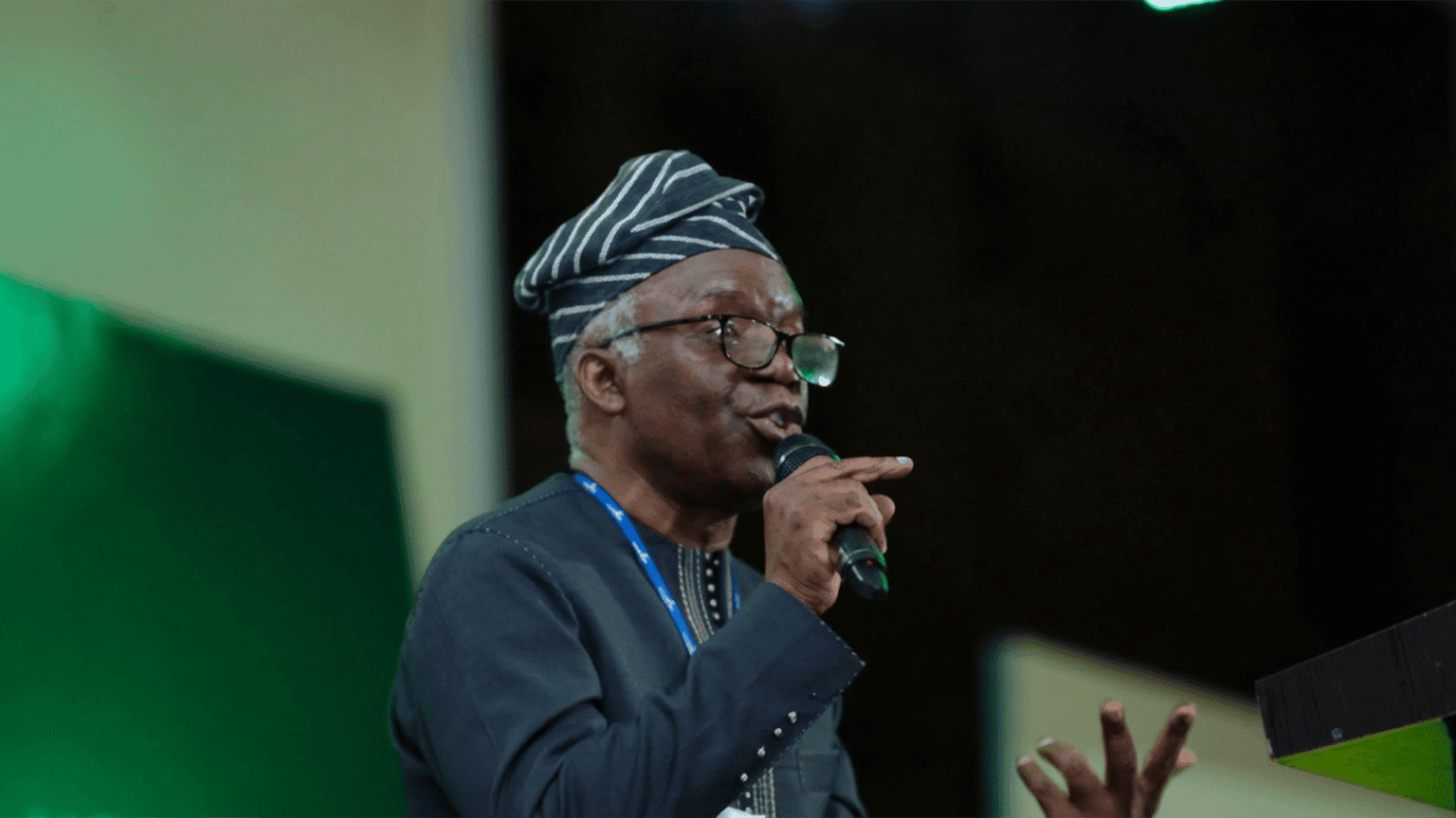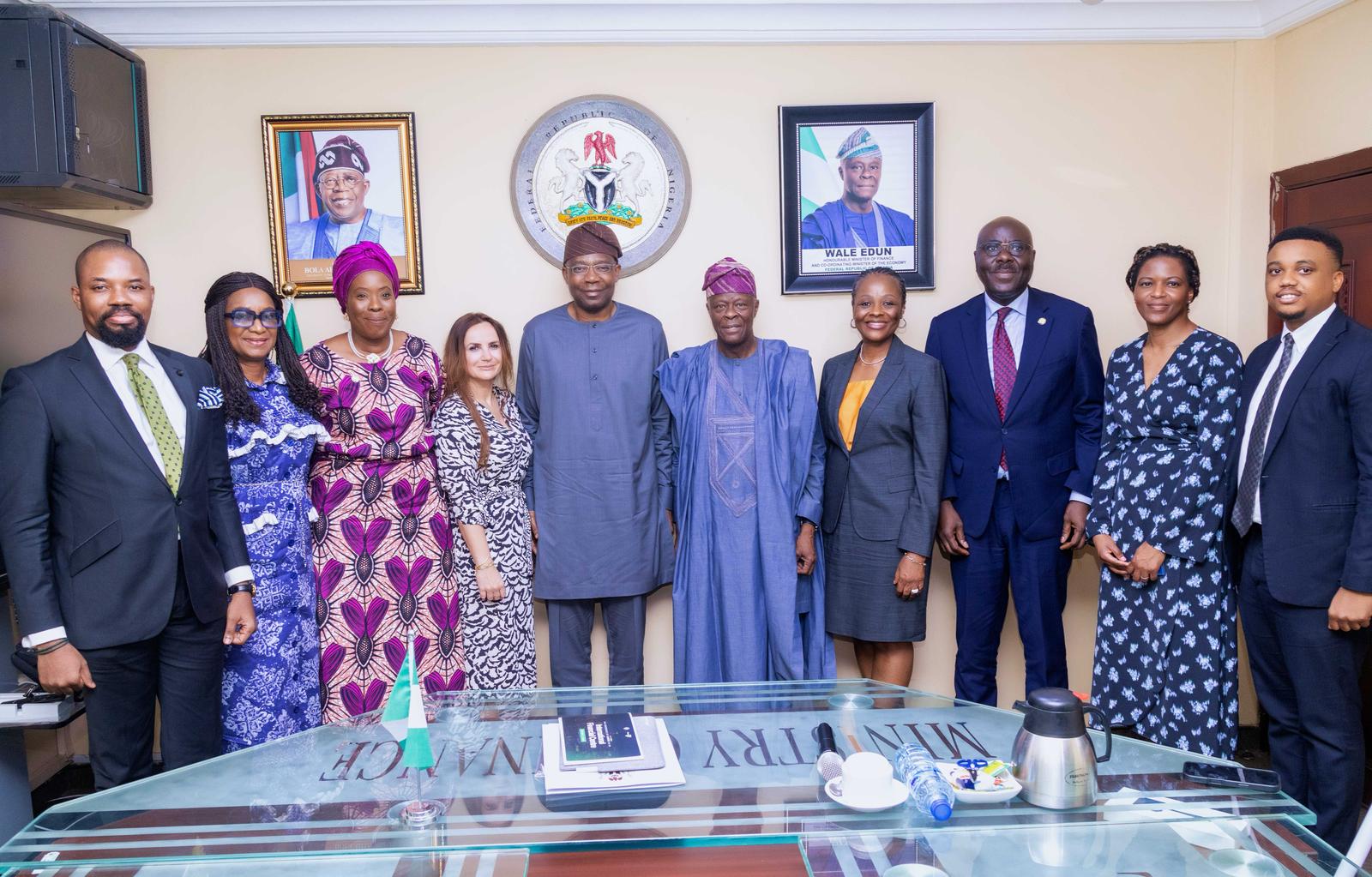***Calls for Strengthening of Auditing Job
By Ahmed Rufa’i, Dutse
The Body of Federal and State Auditors General in Nigeria has called for the amendment of Sections 85(3) and 125 (3) of the Constitution of the Federal Republic of Nigeria to strengthen the offices of the Auditors General to audit the books and records of Accounts of Parastatals, Commissions, Boards and other Agencies of Government at respective levels.

The call was made in a communique issued at the end of the 53rd Conference with the Theme: “Supreme Audit Institution and the Achievement of Government Priorities”, jointly signed by Secretary, Body of Federal and State Auditors-General, Garba Muhammad Dutse, FCA Auditor General Jigawa state and chairman communique committee,
Dr U.S.A. Udu, Auditor General, Ebonyi State
The body of the auditors general also called on the Federal Government to expedite the process of reviewing the Social Investment and Humanitarian Programme and resume operations of the programme as soon as possible, in order to enhance achievement of the SDGs.
According to the communique “We, the Supreme Audit Institutions (i.e. offices of Auditors-General) in Nigeria affirm our commitment to accelerate action on the implementation of the Moscow Declaration on their role in the achievement of the SDGs.
“The Supreme Audit Institutions (SAIs) in Nigeria should be well resourced in terms of human, financial and material requirements, while necessary amendments should be made to the Constitution and Audit Laws at all levels to grant administrative and operational autonomy required for effective discharge of their role”.
The communique stated further that the establishment of the Nigerian Organization of Supreme Audit Institutions should be fast tracked to support capacity building of members, peer review, and cooperative audits, among other benefits.
The Nigerian Auditors advised that the States that are yet to migrate to IPSAS Accrual should endeavour to do so, in order to maximize the benefits of IPSAS implementation.
“The Revenue Mobilization Allocation Fiscal Commission’s new template on the emolument of Certain Political, Judicial and Public Officials should be implemented immediately by all levels of Government, to help cushion the effect of the present economic situation and high cost of living on the affected public officers”.
The Body of Auditors General of the Federation and States appealed to the State Executives to confirm those Auditors General who have been on acting capacity for more than six months to avert legitimacy issues as it relates to he Audited Financial Statements/any other Audit Reports already signed or will be signed by any of them.
The communique also suggested that the audit forum should be held regularly to provide opportunity for stakeholders to properly understand the role of SAls and thus enhance their supports for the work of SAls.
The conference attended by the Auditor General for the Federation, Mr Shaakaa Kanyitor Chira represented by Dr Busayo Fawale noted with concern that “With just a little over five years to the 2030 set date for the achievement of the SDGs, and the limited progress made so far, there is need for urgent concerted efforts towards meeting the target”.
“The suspension of the implementation of the sustainable development goals, the social investment and humanitarian programme by the Federal Government, if not quickly addressed, will adversely affect the achievement of the SDGs within the target date”.
Participants expressed the need to effectively achieve the target of the role of Supreme Audit Institutions (SAls) in the achievement of the SDGs,as affirmed by the International Organization of Supreme Audit Institutions (INTOSAI)in their Moscow Declaration at the XXIII International Congress of Supreme Audit Institutions (INCOSAI),which was hosted by the Accounts Chamber of the Russian Federation in 2019.
Stated further that the SAls in Nigeria are currently not well resourced in terms of human, financial and material requirements, as well as the administrative and operational autonomy required for effective discharge of their role, hence the need for further strengthening.
“The audit of donor funds requires strategic, integrated, innovative, information technology and data-driven approach, which requires further training of the audit personnel. Periodic audit forum at all levels would be needed to secure the buy-in of relevant stakeholders to the activities of Supreme Audit Institutions, SAls in Nigeria need an umbrella Body in the nature of the African Organization of Supreme Audit Institutions is urgently needed to support capacity building of members,peer review and cooperative audits, among other benefits.
The implementation of International public sector accounting standards in about twenty States are still on cash basis, despite the benefits of migrating to accrual basis; while a number of institutional and resource-related challenges are still hindering effective implementation of the standards.




